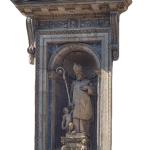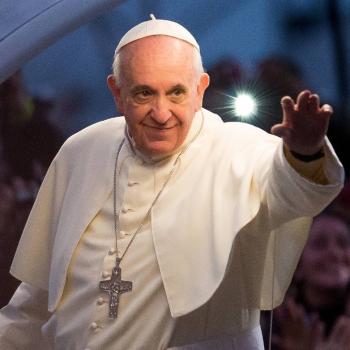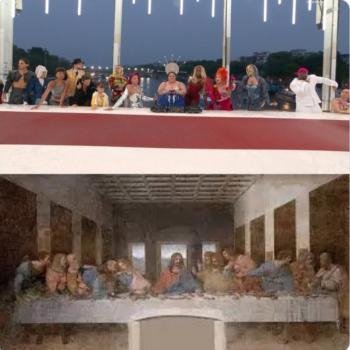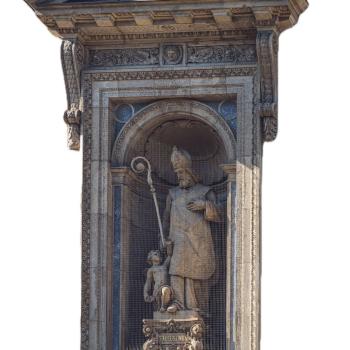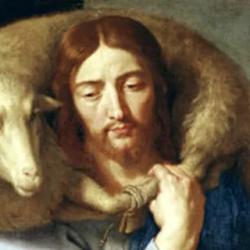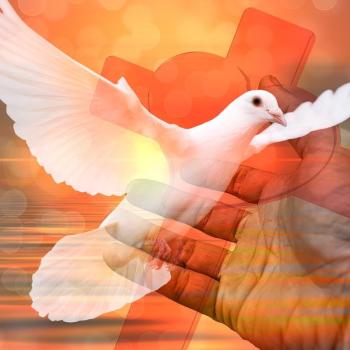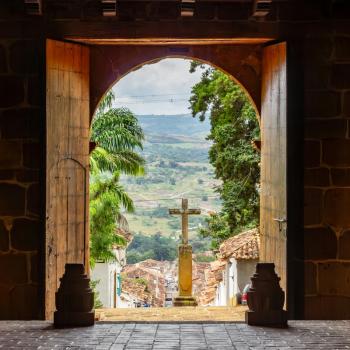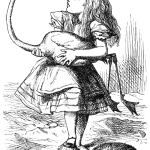Something that everyone of faith has to deal with is doubt. It is a ubiquitous theme that I have to deal with when giving young adults spiritual direction. For some, it feels surprising, as they are clearly trying to live out their faith well. They go to Mass, confession, maybe even adoration. How is it possible that they have persistent doubts about the faith? It doesn’t sound fair, and it can feel very painful.
I remember one young woman, Katerina. Katerina prayed a lot. She made it to daily mass and tried to have long periods of Eucharistic adoration several times a week. Katerina had a high-stress job and her boss would have liked her to spend many extra hours every week at the office. She felt guilty sometimes about spending her free hours in adoration when she was not with friends. This guilt tugged at her heart from one direction, but there was another pull as well: doubt.
For as much time as she spent in the Eucharistic adoration chapel, she suffered a lot of doubts.
Is this all fake? Is any of this real? Am I crazy? Jesus, if you’re here, why am I alone in adoring you?
It caused a lot of unrest in her heart. It reminded me of my own beginnings in religious life. I spent hours every day in prayer in the chapel, yet I recall vividly even 25 years later how tempted I was sometimes to doubt the Real Presence of Jesus in the Eucharist. Does it not all feel ridiculous sometimes?
“Ridiculous” Temptation
That charge of “ridiculous” is deceivingly powerful. It is the same charge that came up in the hearts of the Jews who were listening to Jesus after the miraculous multiplication of the loaves and fishes. We hear in the Gospel that the Jews murmured about Jesus (c.f. Jn. 6:41). For them, it seemed crazy that he himself could be the bread come down from heaven. On the one hand, it seemed reprehensible to eat the flesh of a man. Is this not cannibalism? Further complicating things for them, they knew Jesus too well. He could not possibly be the Messiah. “Do we not know his father and mother?” (c.f. 6:42).
I am always surprised when some people claim that Jesus was only speaking symbolically in his Bread of Life Discourse. In it, he doubles down and is very clear in his doctrine. They murmur; he repeats. He insists that he is the bread of life, comparing himself to the manna in the desert their forefathers had eaten. They quarrel about how this could possibly be true. He responds with his hardest phrase yet. “I am the living bread that came down from heaven; whoever eats this bread will live forever; and the bread that I will give is my flesh for the life of the world” (Jn. 6:51).
So, what is the correct response to doubt? We need to discern, deliberate, and decide.
Discern
First, we have to recognize what type of doubt we are dealing with.
What does the Catechism tell us about doubt?
Voluntary doubt about the faith disregards or refuses to hold as true what God has revealed and the Church proposes for belief. Involuntary doubt refers to hesitation in believing, difficulty in overcoming objections connected with the faith, or also anxiety aroused by its obscurity. If deliberately cultivated doubt can lead to spiritual blindness. (Catechism of the Catholic Church, 2088).
If we are suffering from involuntary doubt, we can be comforted by the fact that we are not falling into sin. If we realize that we are engaging in practices that hurt our faith, we are voluntary in our doubt and must avoid such practices. This could include reading an excessive amount of atheistic or anti-religious articles, engaging in superstitious practices, or leaving the practice of the faith in a more profound or permanent way.
Deliberate
What makes more sense? Could these doubts be a temptation against the faith put there by the Devil or by my own concessions to my own sensuality? Or is it more likely that God doesn’t exist and the Church has been wrong for 2,000 years? Personally, I am always comforted by looking at the great history of the Church. Saints and Doctors of the Church have proclaimed the truth for thousands of years, so I would do well to stay in the bosom of the Church. St. John Henry Newman preached once that “our faith is assailed by various doubts and difficulties in order to prove its sincerity” (St. John Henry Newman, Plain and Parochial Sermons). Although 5,000 walked away from Jesus that day of his Bread of Life Discourse, his apostles re-affirmed and strengthened their commitment to him in the face of any doubts they must have been feeling.
Decide
At some point, you must act. You cannot stay forever in a state of indecision. After discerning the motions of the Spirit and deliberating on the merits of the various points, the time comes when you have to decide: are you going to believe or not? There are times in life that make us re-examine our decisions. But for the most part, we can rely on the surety of our faith. We can know that we have made a good choice and rest on that without calling everything into question all the time.
If you face your doubts with this simple methodology of discern, deliberate, and decide, you will be much more able to live peacefully your faith and dispel those doubts that gnaw at your soul. Have faith, believe!



